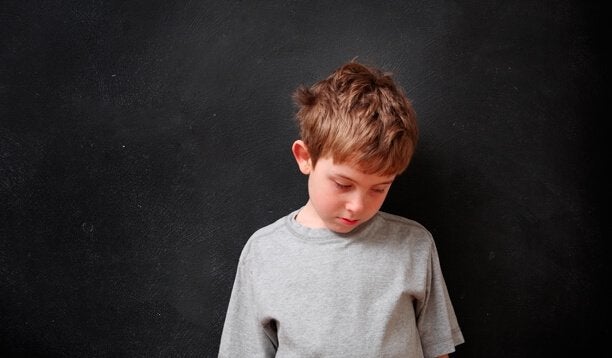Fortunately, we are increasingly aware of the myriad consequences of mistreatment in the relationship, we can highlight not only the physical harm and the real danger of a woman’s death, but also the psychological damage.
Psychological harm doesn’t just affect women. It is important to know that children also suffer, are they silent witnesses to an uncontrollable and violent situation for which they often feel responsible ? but how does this affect them psychologically?
- “Any behavior designed to control and subjugate another human being through fear and humiliation.
- Through physical or verbal attacks.
- Is an abuse.
- “Susan Forward?.
When a child is born, he has many needs, such as protection, parental love, stability or socialization; if given in a proper and consistent way, the child develops confidence in the care of his parents, as well as believing that they deserve it.
If there is a situation of abuse in the relationship, not all these needs will be met, it is very difficult for children in these circumstances to have security in care, communication and a healthy relationship with their attachment figure, this adult is not emotionally available and cannot offer solutions and affection, but is usually a source of negative emotions.
In fact, those same adults who should be the safe place where children seek comfort when they don’t feel well and the center to explore the world, convey an indescribable fear, are terrified in their own home, cry and cry without consolation.
Therefore, children are more likely to develop an insecure or avoidable attachment in these situations of abuse in the relationship; in fact, abused mothers have been shown to have more negative representations of their babies and themselves as mothers and, as a result, suffer from perinatal depression.
Abuse in the relationship not only hinders the development of a safe attachment, so important for the well-being of the child, but also affects their psychological development, as you can see, being exposed from an early age to all this influences the emotional state. and children’s social welfare.
On the one hand, emotional identification and regulation problems can arise, children feel guilty about the situation they find themselves in and anxiety problems can arise, even if they don’t understand how they feel or why they also try to avoid and suppress these emotions, which makes them chronic.
On the other hand, important problems of self-esteem and self-image development have been identified, keep in mind that these children also often have behavioral problems in their relationships with their peers and other adults.
“Violence creates more social problems than it solves. “Isaac Asimov?
Children exposed to abuse may develop post-traumatic stress disorder, but what is this disorder like in children?As with other health problems (physical and mental), the symptoms associated with the disease are not the same as in adults.
In fact, it has been observed that children have re-experiences of the traumatic event, repeated memories of what they have already experienced, nightmares, flashbacks, dissociations or discomfort in remembering what happened.
There is also a certain decline in the acquisition of responsibilities, i. e. you can see a social estating, a loss of skills already acquired, a decrease in games, a decrease in experience and emotional expression.
Finally, there may be increased agitation that makes it difficult to fall asleep, hypervigilance, decreased or excessive concentration, or fear responses. Is it important for the sake of children to undergo therapy with qualified psychologists, for the consequences of living situations of indirect abuse? are they disastrous for them? We have to help them!
“In the face of atrocities, must we take sides, does silence stimulate the executioner?. . Elie Wiesel?
Images courtesy of Peter Forster and Elijah Henderson.

